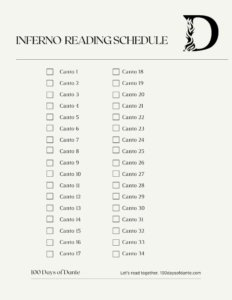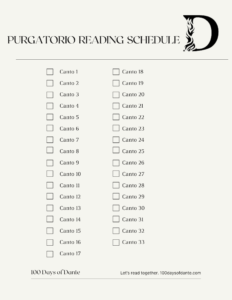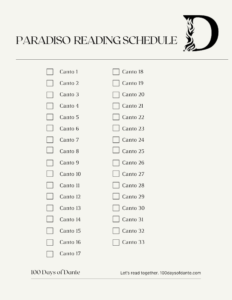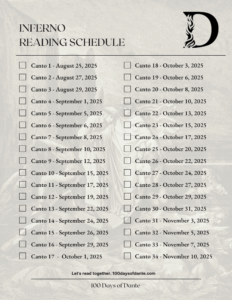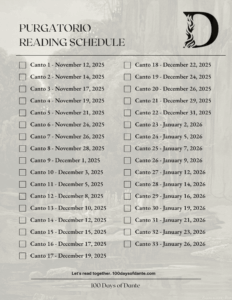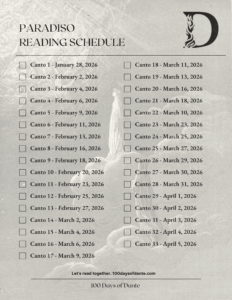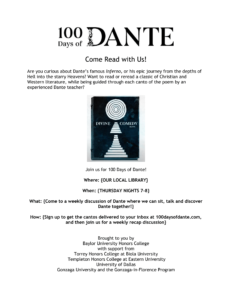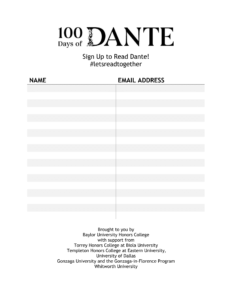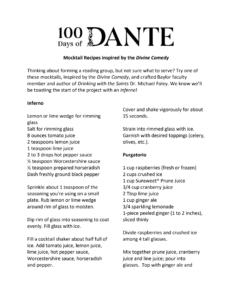Resources
Further Resources
As we journey alongside Dante, a few additional tools, references, and accessories may prove useful. Explore the links below for translation guides, Dante-inspired mock-tail recipes, and other resources to help you and your reading group get the most from this adventure.
Frequently Asked Questions
You might be wondering: how often are the emails coming to my inbox? Can I read online? Will you have special event? Look no further: we made a short video, just for this! You can watch it here:
What is 100 Days of Dante?
100 Days of Dante is (we hope) one of the world’s largest virtual reading groups of Dante’s Divine Comedy, a chance for new and old readers alike to journey together through an incredible poem.
Why read with 100 Days of Dante?
When you join the 100 Days of Dante project, you get access to a unique, 7–10-minute video introducing each canto, featuring an experienced Dante teacher. Our canto guides will help us think gain insight into the text and inspire our own question-asking and reflection.
How do I join a reading group?
While we can’t coordinate reading groups across such a wide geography (we are a small team!) we hope that you will meet each other and form groups on your own. Check out our Facebook, Instagram, and Twitter for places to meet folks, or start your own group at your local church, library, or bookshop!
How much do we read every day? Is this 100 consecutive days?
We are moving at a slower, more leisurely pace through the Divine Comedy. Our calendar plans for 3 cantos per week. We will send out videos on Monday, Wednesday, and Friday. You can read and then watch or watch and then read – it’s up to you!
When does it end?
If you follow along with us, we will end on Easter 2023.
How do I access videos?
If you are subscribed to our email list, you’ll get an email with a link to the video of the day right in your inbox . You can also access the videos and other content on our website, 100daysofdante.com or through the Baylor Honors College YouTube channel.
Can I go back and catch up?
Yes! We have the videos posted on our website and on YouTube for you to watch anytime.
Reading Schedule
Looking for a reading schedule to keep you on track? You can find that here! Here are printable PDF generic reading logs for Inferno, Purgatorio, and Paradiso:
Looking ahead? Here are the reading schedules for the 2025-2026 reading group starting August 25th and ending on Easter, April 5th:
Want to read the Divine Comedy during Lent this year? You can read the entire Divine Comedy in 40 days and finish with us on Easter Day:
Reading Group Resources
While we don’t have the capacity to organize groups on our participants’ behalf, we do hope that you will gather friends, family, or colleagues together for a shared experience of this great text. Here are a sample sign up sheet that you can print and post around your school campus, workplace, church, or local library/bookshop, and a flier you could use and edit as you form groups!
And we have created a special set of mock-tail (alcohol free) recipes, inspired by the canticles of Dante’s Divine Comedy. These are great additions to hosting a discussion night or even to accompany you as you read. You can find the printable PDFs here, and links to Word Documents below.
100 Days of Dante Events
Last year we were able to host four incredible events featuring groups of distinguished scholars reflecting on each individual Canticle of the Divine Comedy. Whether you attended all four live via Zoom or are watching them here for the first time, we hope that the recordings below will enrich your reading experience. Our first event, “Reading Dante Together: Why Reading the Divine Comedy Matters and How to do it Well,” features Dr. Doug Henry, Dr. Fred Sanders, Dr. Jane Kim and Dr. Brian Williams reflecting on why reading Dante is so essential for the modern reader and how to read Dante well.
Our second event, entitled “Descent into Hell: Reading Dante’s Inferno” features Dr. Jenny Howell, Dr. Anthony Nussmeier, Dr. Leonard Oakland, and Dr. Janelle Aijian discussing their experiences reading the Inferno and looking ahead to the Purgatorio.
Our third event, entitled “Climbing the Mountain: Reading Dante’s Purgatorio” featured Dr. Jennifer Holberg, Dr. Philip Cary, Dr. Phillip Donnelly, and Dr. Alina Beary discussing Dante’s second canticle and looking ahead to Paradiso.
Our final event, “At Last Among the Stars: Reading Dante’s Paradiso,” featured a panel of returning scholars from our first three events, Dr. Brian Williams, Dr. Jenny Howell, Dr. Anthony Nussmeier, and Dr. Jane Kim, as they discuss finishing the Divine Comedy as a whole and the Paradiso in particular.
Translations
Some of you might be wondering, which translation of Dante should I read? We don’t have an “official translation” for this project. Instead, we asked Jason Houston, director of the Gonzaga-in-Florence Program, to walk us through the common translations. Below you will find brief notes on each to help you in your selection!
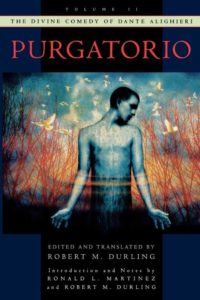
Robert Durling and Ronald Martinez
A translation by two American Dante scholars. The translation is in prose, but the paragraphs correspond to Dante’s terzine. The text attempts to maintain Dante’s idiomatic language, faithfully reproducing the literal sense as well as the rhetorical figures of the original. Being prose, it lacks the lyricality of the original, but may be the most respectful of Dante’s language. In three separate volumes with excellent but not excessive explanatory notes.
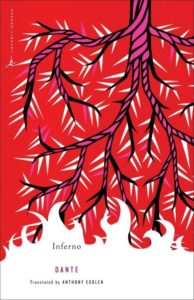
Anthony Esolen
An American scholar of Classical and Medieval literature and the Catholic tradition. His translation is in blank verse. Esolen states that his is a cultural translation, aiming to carry over the religious and spiritual import of the poem. Separate volumes with source material in the appendices in addition to explanatory notes. Intended as a translation for those who want to study Dante.
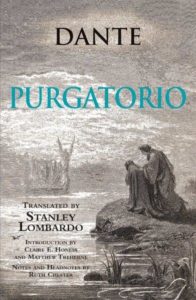
Stanley Lombardo
Like Esolen, Lombardo is an expert translator of Classical and Medieval texts, but his approach is different here. Mostly in blank verse, this translation scatters rhymed verses throughout and finishes each canto with rhymed couplets. These scattered rhymes give the text a musicality missing in the others. This translation, which is intended to be read aloud, sometimes diverges notably from Dante’s original text. Individual volumes with limited endnotes.
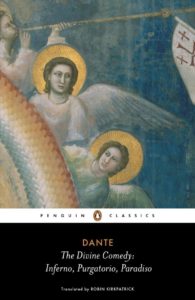
Robin Kirkpatrick
An English scholar of Dante, and a poet. The translation is in blank verse, but the text employs the English iambic pentameter (from Shakespeare, for example) to catch Dante’s poetic rhythm. While the text remains faithful to Dante, the translator wants to catch the heart and mind of the poet. He achieves this by particular attention to the creative rhetorical language of the poet. Available in a handy single volume translation with restrained endnotes. A favorite in the English speaking (non US) world.
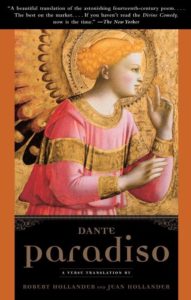
Robert and Jean Hollander
Robert Hollander was one of the great Dante scholars of the past 50 years in the US completed this translation with his wife, a poet. Hollander attempts to provide a translation which, in his own words, is what Dante would have wanted if he were “looking over our shoulders.” Blank verse and in very clear and precise language which attempts to let Dante speak for himself. Abundant footnotes and other appendices are comprehensive but sometimes daunting. Perhaps the most used adopted translation in US universities. In three individual volumes.
Additional Online Resources
There are a host of Dante resources freely accessible online! Whether you want academic analyses, illustrations, or opportunities for further exploration of The Divine Comedy, these sites can help. We hope you’ll make use of these wonderful tools as you read!
Canto per Canto
The Dante Society of America is partnering with NYU and Casa Italiana Zerilli-Marimò to produce high-quality podcast conversations on each canto of The Divine Comedy. The 100, brief conversations take place between Dante students and teachers and are professionally edited and produced. These episodes can serve as helpful companions to your own reading.
DivineComedy.Digital
This database catalogs the abundant illustrations of scenes in The Divine Comedy, according to canto and geographic location. Dante’s poem has long served as an inspiration for artistic response, and The Visual Agency’s creation allows for readers to easily locate images of specific scenes in The Divine Comedy. If you enjoy the famous illustrations created by the likes of Gustave Dore and Salvador Dali, you’ll want to explore this beautifully-designed website.
Dante’s Divine Comedy online course
Hillsdale College offers a free, 10-part course for those interested in studying The Divine Comedy in an academic context. The class is taught by a Hillsdale English professor and includes video lectures, study guides, and quizzes. If you’re looking for more intensive engagement with Dante after reading through the poem the first time, try out this free option.
Dantesworld
This comprehensive Dante site combines commentary, gallery images, study questions, and audio recordings on each canto. Provided by UT Austin, the database is organized by the different locations in Dante’s Divine Comedy and separated according to the different levels within Hell, Purgatory, and Heaven. If you enjoy thinking about the geography of The Divine Comedy and sampling lots of different media resources, this website stores all the different tools in a single location.
Dartmouth Dante Project
Here, Dartmouth University aggregates dozens of commentary materials on The Divine Comedy. In the Dante Lab Reader, you can simultaneously view the original Italian text of a canto alongside the translation of your choice and commentary material. This is an invaluable tool for teachers and students of Dante.
Dante Resources on the Internet
If you need more Dante resources, check out this website! This website offers an expansive list of different tools for reading, understanding, and enjoying The Divine Comedy. Whether you’re interested in more commentaries, biographical information about Dante, academic articles on The Divine Comedy, or anything else, this website can direct you to the right place.

